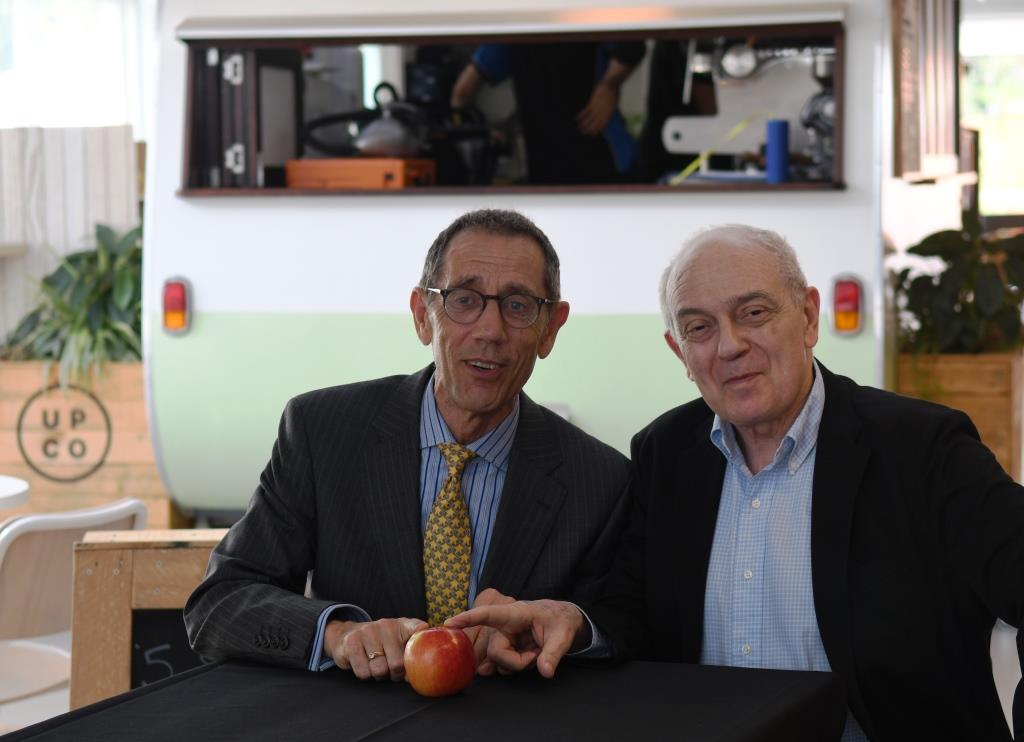
Making food the core of people’s daily routine need not breed a nation of fatties, says Professor Claude Fischler, a Visiting International Research Fellow at Flinders School of Health Sciences.
Collective engagement at regular mealtimes not only encourages more attention to food preparation, but can create a more balanced diet and health outcomes, Professor Fischler says.
“Compared to the US, where people eat when they want to and perhaps don’t spend as much time considering what they eat, the French have made food preparation a more intrinsic part of their daily lives,” says Professor Fischler, a social scientist (sociology and anthropology) who is a senior investigator at the French Centre National de la Recherche Scientifique, or French National Science Centre in Paris.
Strangely, this has not created a higher incidence of overweight people per capita – but encouraged a tendency to leanness and thinness in French communities and culture.
“We could argue that this focus on ‘commensality’ or eating together has a big impact on public health,” Professor Fischler says.
Over the past 40 years, Professor Fischler’s research and publications have informed and encouraged an international interest in food – especially the social and cultural significance of food patterns and eating practices.
Professor Fischler is the first Visiting International Research Fellow at Flinders University this year.
He started exploring food and eating in the 1970s, when it was a relatively new topic for the social sciences, and went on to develop cross-disciplinary approaches to food cultures and their evolution, to eating behaviour, to medical and lay perceptions of the relationship of food and health, and to the perception of risk.
Professor Fischler gave a lecture at Flinders University on Friday, and will give a free public lecture at the SAHMRI Auditorium on North Tce, Adelaide at 1pm on Wednesday 22 February 2017.
All welcome at the ground floor SAHMRI Auditorium for the lunchtime lecture. Registrations are not required.

